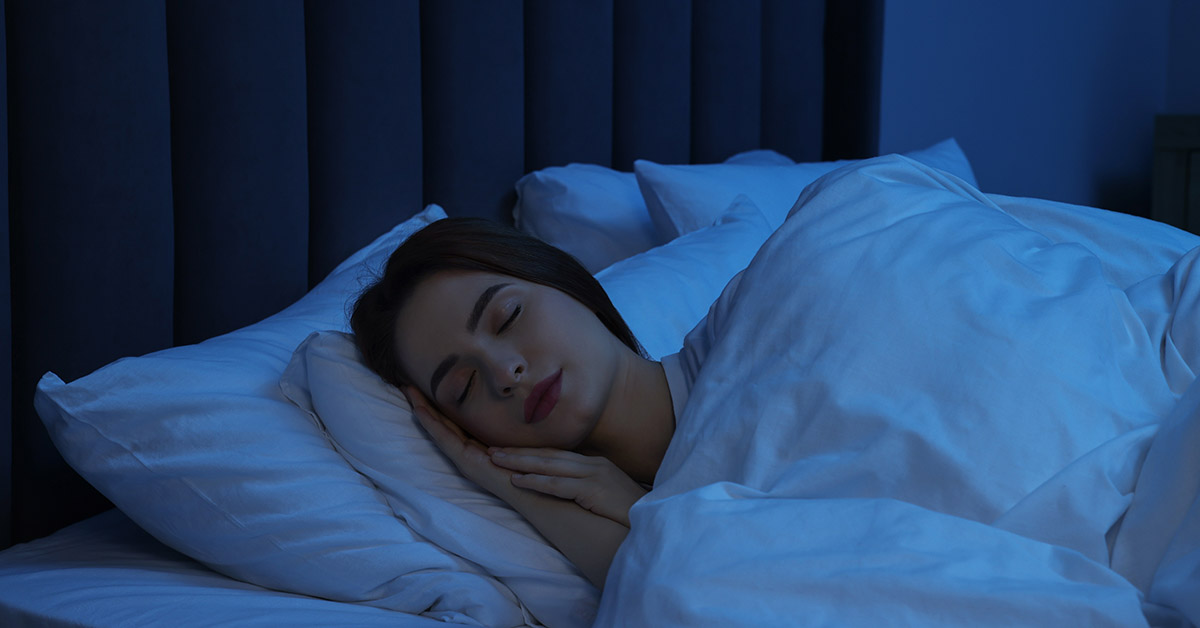The National Sleep Foundation of Mexico recently publicized its sleep recommendations for people of all ages. Everyone needs sleep, but the researchers analyzed how much is too much or too little. The balance is key to an overall healthy life, alongside regular exercise and a nutritious diet. However, many people take going to bed for granted without considering how to utilize this vital time.
The Ideal Time to Go to Bed

The research showed that people who typically go to sleep after midnight may have a 12% higher risk of heart-related diseases compared to those whose bedtime is at 10 p.m. Based on this assessment, the study says that the average adult should aim to go to sleep between 10 p.m. to 11 p.m. Of course, many people cannot adhere to this routine because of their jobs, familial obligations, etc. However, the experts also worked out how much sleep every person should get every night. So even if an individual has to go to sleep before or after 10 to 11, they should still aim to get the proper amount of rest. The following recommendations are a general opinion among various health professionals including pediatricians and psychiatrists.
Read More: 21-Year-Old Sentenced To 10 Days in Jail for Oversleeping, Missing His Jury Duty
Recommended Sleep Schedule for Newborns to Toddlers
- 0 to 3 months: 14 to 17 hours, not less than 9 or more than 19 hours. (Remember that newborns don’t have a proper sleep schedule or bedtime. This is how much they should sleep over the course of a day.)
- 4 to 11 months: 12 to 15 hours over the course of a day, not less than 10 hours or more than 18 hours
- 1 to 2 years: 11 to 14 hours over the course of a day, not less than 9 hours or more than 16 hours
Recommended Sleep Schedule for Children to Teenagers

- 3 to 5 years: 10 to 13 hours, not less than 8 hours or more than 14 hours
- 6 to 13 years: Recommended sleep hours are 9 to 11 hours, not less than 7 hours or more than 12 hours.
- 14 to 17 years: 8 to 10 hours, not less than 7 hours or more than 11 hours
Read More: The Benefits of CBD for People with Insomnia and Other Sleep Disorders
Recommended Sleep Schedule for Young Adults to Seniors

- 18 to 25 years: 7 to 9 hours, not less than 6 hours or more than 11 hours
- 26 to 64 years: 7 to 9 hours, not less than 6 hours or more than 10 hours
- 65 years and older: 7 to 8 hours, not less than 5 hours or more than 9 hours
Personalizing a Bedtime Routine

Many people can have a full night of sleep and still wake up feeling sluggish and tired. When this happens, it’s indicative of insufficient sleep quality. Multiple factors can interfere with your slumber so figure out all of the factors needed for an optimal sleep environment. For example, adjust the temperature of the room or ensure there are no sound or light disruptions.
Although the experts give general guidelines, it’s important to analyze your sleep on an individual level. First, be conscious of when your body naturally gets tired by avoiding screens and harsh lighting in the evening. This also helps transition from wakefulness to restfulness. At the same time, go to bed when your body naturally feels tired and wake up on your own for about a week. These two steps can help create an ideal bedtime and wake-up schedule.
Wind Down and Get Up

While you’re at it, keep track of how long you are in bed. You may be spending more time there than you think if you are prone to tossing and turning, which could create a domino effect of even more sleeplessness.
Don’t forget to wind down. Give yourself about half an hour to relax without screens before bed. You could shower or bathe, journal, read, yoga, meditate, etc. Your body will begin to associate these things with bedtime and will start winding down automatically the more you practice them.
Read More: Brittle Nails? Poor Sleep? Start Eating More Of These Foods Immediately
Sources
- “Analysis reveals the recommended hours of sleep according to your age.” The National Sleep Foundation of Mexico. Colima News. March 1, 2024
- “Layla Khoury-Hanold. “Here’s the Ideal Amount of Sleep by Age for Kids and Adults.” Sleep. March 22, 2023


